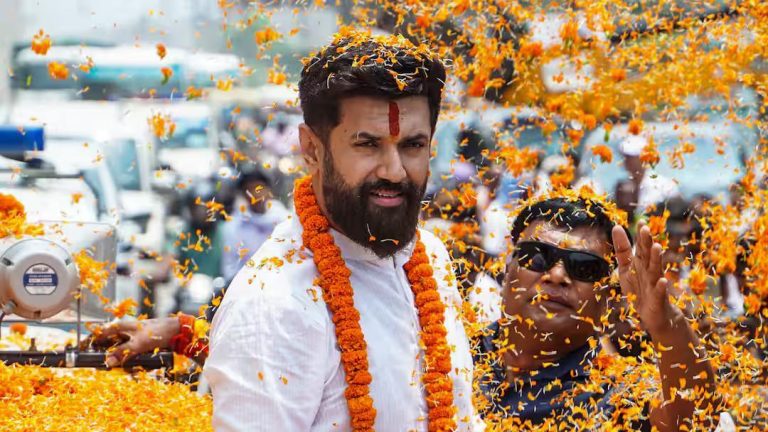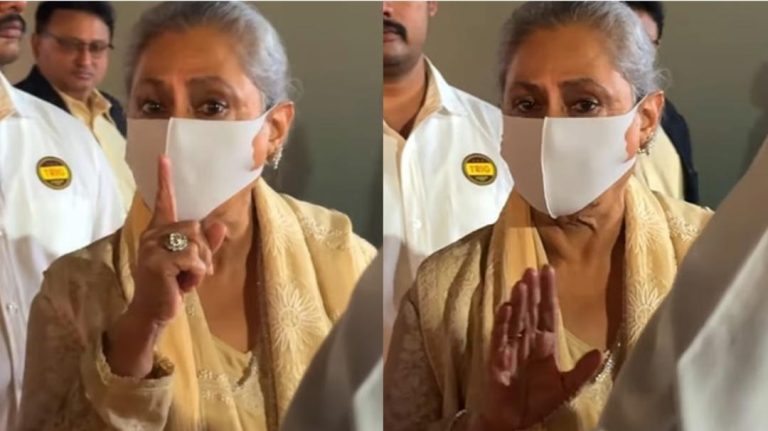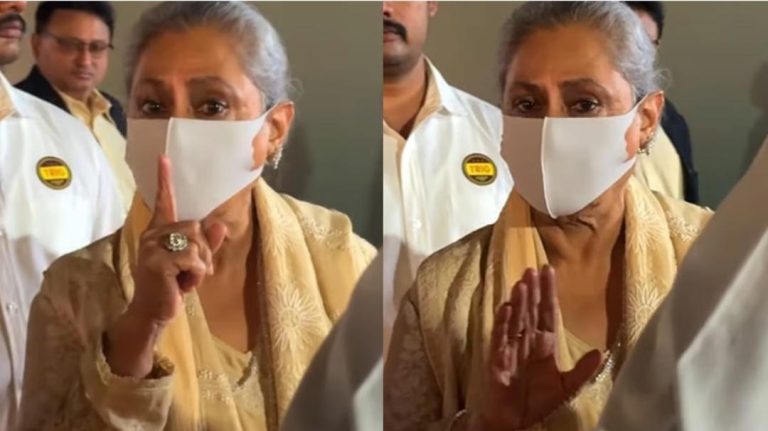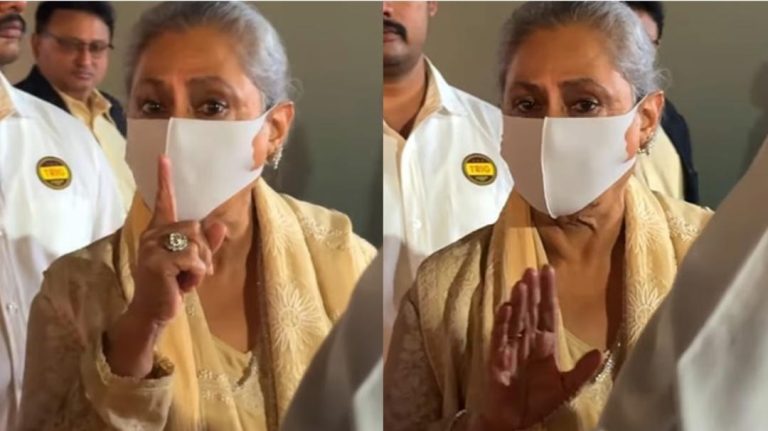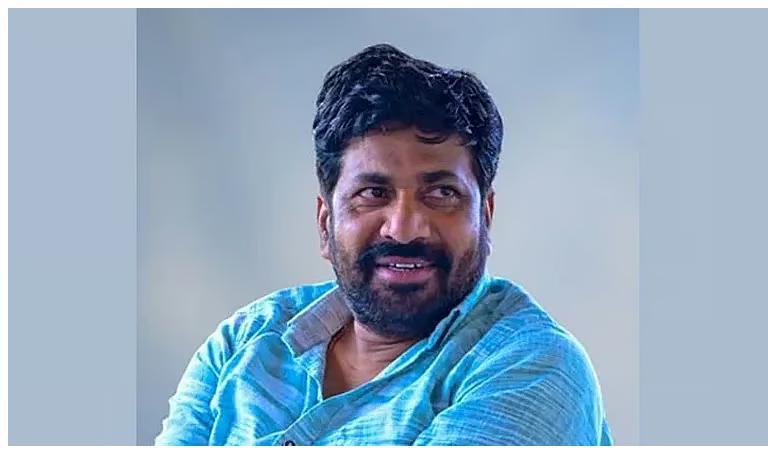
BJP Never Promised Farm Loan Waiver in Manifesto: Maha Minister
The ongoing debate over farm loan waivers has taken a fresh turn in Maharashtra, with the state’s minister, Atul Save, stating that the Bharatiya Janata Party (BJP) never promised farm loan waivers in its manifesto for the 2024 state assembly elections. This statement comes in response to a hunger strike by the Prahar Janshakti Party founder, Bachchu Kadu, who ended his seven-day strike in the Amravati district after the government assured to consider his demand for a complete farm loan waiver.
Kadu, who had been on a hunger strike since January 12, had been demanding a complete farm loan waiver for the farmers of the state. His demand gained momentum, with many farmers and political parties extending their support to his cause. However, the Maharashtra government, led by the BJP, has been maintaining that it cannot provide a complete farm loan waiver as it would put a significant burden on the state’s economy.
In a recent statement, Minister Atul Save clarified that the BJP did not promise farm loan waivers in its manifesto for the 2024 state assembly elections. He said that the party had promised to provide relief to farmers, but did not specify a loan waiver. Save’s statement has sparked a heated debate, with many farmers and opposition parties questioning the government’s intentions.
The debate over farm loan waivers has been a contentious issue in India, with many states providing relief to farmers by writing off their loans. The Maharashtra government, however, has been inconsistent in its approach, providing loan waivers to farmers in the past but also stressing the need to balance the state’s finances.
The Prahar Janshakti Party, led by Bachchu Kadu, has been a vocal advocate for farm loan waivers. Kadu has been demanding a complete farm loan waiver for the farmers of the state, arguing that it is the only way to provide relief to farmers who are struggling to repay their loans. His demand has gained momentum, with many farmers and political parties extending their support to his cause.
The Maharashtra government, however, has been maintaining that it cannot provide a complete farm loan waiver as it would put a significant burden on the state’s economy. The government has been providing relief to farmers in other ways, such as increasing the minimum support price (MSP) for crops and improving infrastructure in rural areas.
The debate over farm loan waivers is not new in India. Many states, including Maharashtra, have provided relief to farmers by writing off their loans in the past. However, the issue has become increasingly contentious in recent years, with many farmers and opposition parties demanding a complete farm loan waiver.
The Maharashtra government’s decision to not provide a complete farm loan waiver has sparked a heated debate, with many farmers and opposition parties questioning the government’s intentions. The government’s justification for not providing a complete farm loan waiver is that it would put a significant burden on the state’s economy. The government has been providing relief to farmers in other ways, such as increasing the minimum support price (MSP) for crops and improving infrastructure in rural areas.
The debate over farm loan waivers is also linked to the issue of agricultural reforms. Many farmers and opposition parties have been demanding that the government should focus on agricultural reforms, such as improving infrastructure and reducing the cost of production, rather than providing loan waivers. They argue that loan waivers are a temporary solution that does not address the root cause of the problem.
In conclusion, the debate over farm loan waivers in Maharashtra has taken a fresh turn with the state’s minister, Atul Save, stating that the BJP never promised farm loan waivers in its manifesto for the 2024 state assembly elections. The issue has sparked a heated debate, with many farmers and opposition parties questioning the government’s intentions. The government’s decision to not provide a complete farm loan waiver has sparked a heated debate, with many farmers and opposition parties questioning the government’s intentions.


